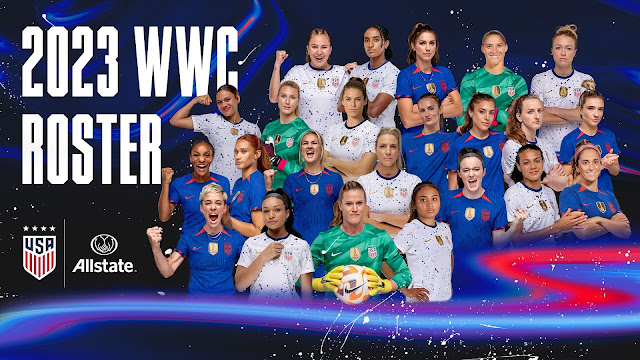 |
| I figure this is me and my nephew in about 8 years |
Watched: 07/16/2023
Format: Streaming Amazon
Viewing: Unknown
Director: Wes Anderson
Recently, I was watching some old Bugs Bunny cartoons, circa 1940, and I was surprised to see the name "Charles M. Jones" in the credits. While "Chuck Jones" is synonymous with WB animation, he's really associated with a certain artistic style and flair that is characterized in certain styles of background, character design and with his comedic timing in everything from "What's Opera, Doc?" to The Grinch Who Stole Christmas. But there was his name in plain text.
He had not yet timed how long it took an anvil to fall or for Wile E. Coyote to hang in mid-air before plummeting for maximum comedic effect. He hadn't quite gotten the rise of an eyebrow or a sly look to the viewer. But. It's there.
Jamie was the one who requested a watch of Rushmore (1998) a film we saw together way back at the Arbor IV upon its release. And we've watched a number of times over the years. And, for her, it was an academic exercise in "what was he doing in 1998? and how does it true up to what's there in 2023 with Asteroid City?"
It's interesting how Anderson springs into a form we all would have been fine with here in 1998 and with his second feature (after the excellent Bottle Rocket). He's locking in on some of the themes he'd return to (certainly distant, bad dads), certain camera shots/ edits, formal dialog fit more for a 20th century short story than a film in the naturalist mode, aesthetics of symmetry and retro-ism.
It's also curious to ponder how much of the Wes Anderson story that Owen Wilson occupies. The two were roommates at the University of Texas, and Anderson - maybe UT's brightest star in film - did not actually participate in the film program, but got a Philosophy degree.* Bottle Rocket was a deep partnership between Anderson and the Wilson brothers and he'd co-star in the film as well as co-writing and appearing in Royal Tenenbaums. And, of course, he appears in numerous other Anderson pictures, including French Dispatch, which I haven't seen yet.
I assume the pacing of events means Anderson and Wilson wrote Rushmore while in their mid-20's to late-20's, and while there's certainly a level of goofiness to the proceedings and it is, in part, about a middle-aged man in a juvenile spat with a 15-year-old, there's some great character stuff that rings even more true here as I roll towards 50.
I don't know that Anderson could do Rushmore again. Maybe. He's never quite given up on teen geniuses, including underperforming teen and adult geniuses. He's still working through dead parents, bad parents, indifferent parents. He's still invested in messy romance treated as a matter-of-fact. I'm not sure a studio would be as ready to fund a movie about a teen and teacher with a complex relationship in the last 20 years.
But, in general, there's nothing - to me - about Rushmore that doesn't work.
I'm glad it's shot in Houston. Bleak, wintery Houston in all its no-zoning-laws glory and mix of industrial mess and bucolic park-like environs. I love that dumb town.
And, of course, it really gave the world Jason Schwartzman and a new view of Bill Murray. Co-star Olivia Williams has remained feverishly busy, appearing in American works, from The Sixth Sense to Hyde Park on the Hudson (reteamed with Murray).
But the film also has Brian Cox, briefly Connie Nielsen, Luke and Andrew Wilson, and the late Seymour Cassel. Sara Tanaka and Mason Gamble seem to have retired from acting - but I think Tanaka is a cardiologist now?
Anyway, 25 years later, the movie still works as well as it ever did, and at this point, it's much more than a curious artifact of Anderson's early work - it's clearly pointing the way he's headed.
*Little tip for you brainiacs like me who burned through 5 years of college and panicked in their 4th year and also got a history degree












